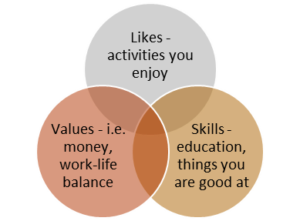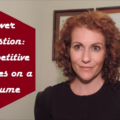Having been in recruitment since 1997, I have interviewed thousands of people. In many cases, I would ask a question and the person being interviewed would give me all kinds of wonderful information, but not actually answer the question. Not only does this demonstrate to the interviewer poor listening skills, but it is also very frustrating to the interviewer.
We have two ears and one mouth so that we can listen twice as much as we speak.
― Epictetus
Benefits of Using Finely Tuned Listening Skills
As mentioned in previous posts, it is imperative that you are prepared and practiced before your interview. You should be well prepared with your career success stories and war stories. By doing so, you can answer the interview question with a relevant answer.
It is also important to use your eyes when listening. In other words, it is important to watch the interviewer’s body language. As such, you will be better able to engage the interviewer in a back and forth dialogue or conversation.
Finally, using your finely tuned listening skills will enable you to assess the organization as a potential employer.
The bottom line is that by using your listening skills, you will be presenting the best version of yourself and you will be memorable – in a good way.
Until next time, happy hunting!













